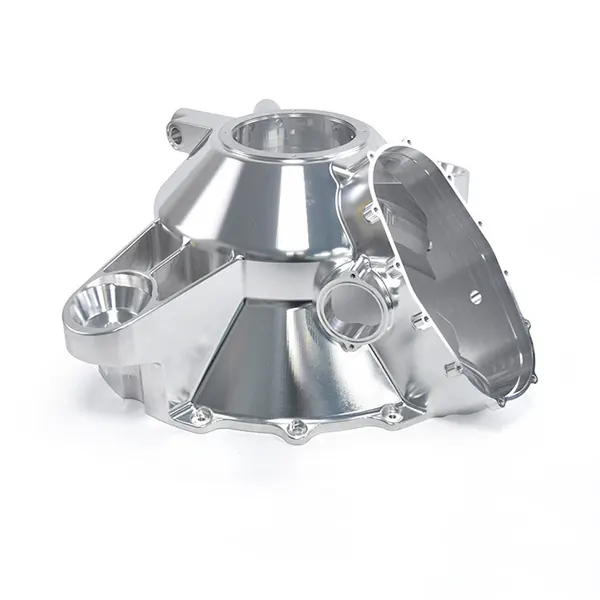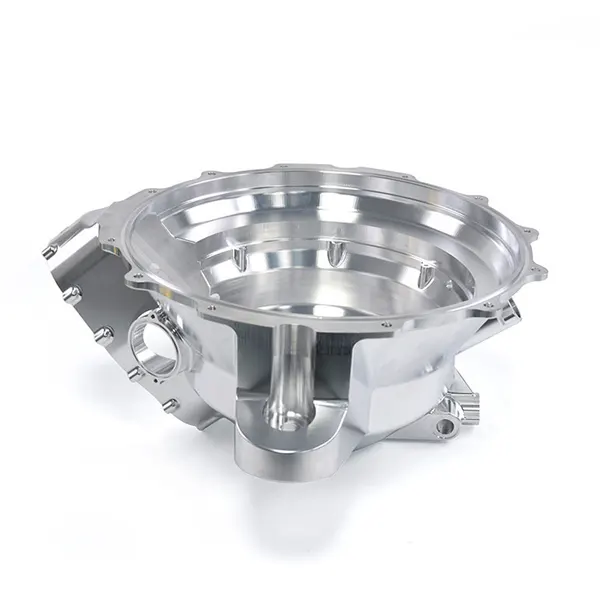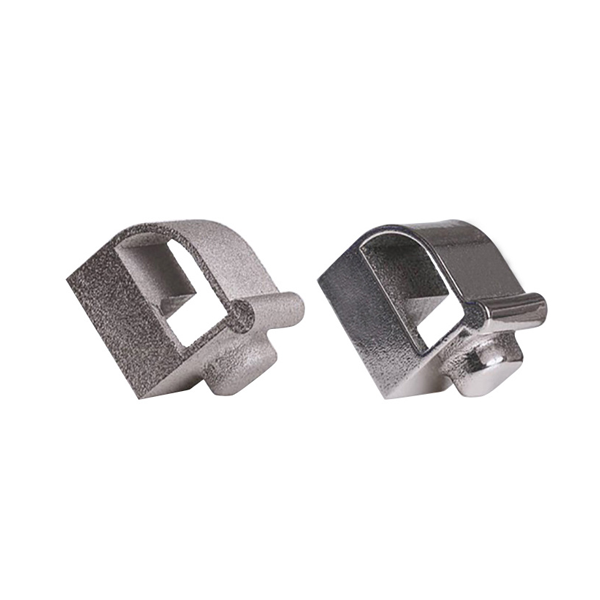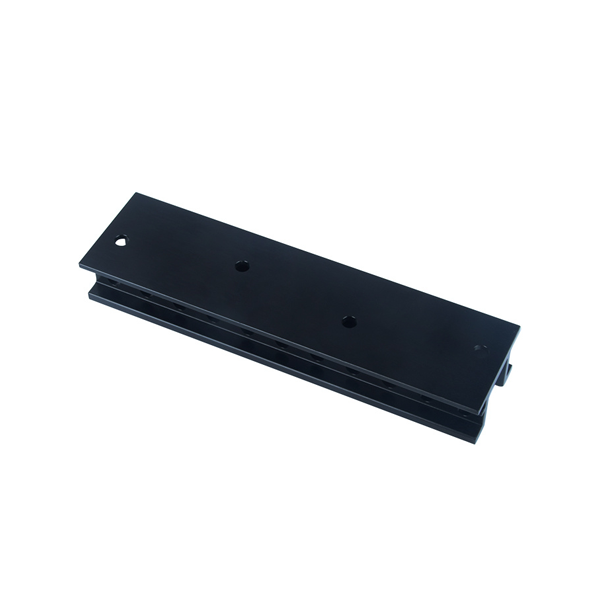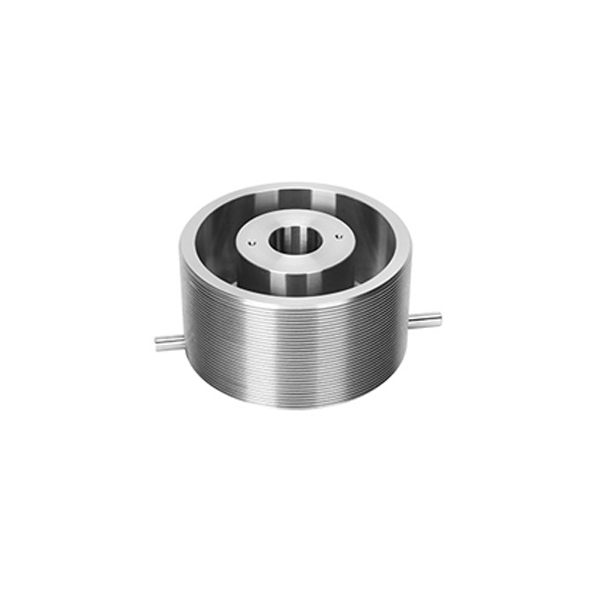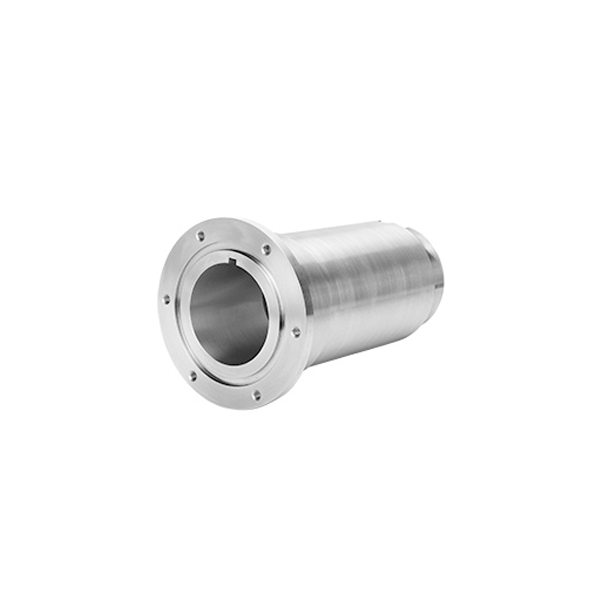GD Prototyping

Electric Vehicle Parts CNC Machining
-
Processing Accuracy: ±0.005 mm (micron-level precision)
-
Axis Configuration: 3-axis, 4-axis, and 5-axis CNC machining
-
Material Options: Aluminum alloys, stainless steel, copper, titanium, engineering plastics
-
Surface Finishes: Anodizing, powder coating, polishing, bead blasting
-
Batch Sizes: Prototypes, small-batch runs, and mass production
-
Industry Standards: Compliance with automotive-grade quality requirements
- Description
- Specification
- Application
- FAQS
At GD Prototyping, we offer CNC machining services specifically for electric vehicle (EV) components and automotive prototypes. Our experience covers exterior lighting housings, interior structural parts, and custom brackets used in EV designs.
Electric Vehicle Parts CNC Machining uses advanced multi-axis equipment to deliver high-precision parts. This process helps you achieve consistent quality, whether you're developing a single prototype or preparing for low-volume production. We work with materials like aluminum alloys, stainless steel, and engineering plastics—common choices in EV manufacturing.
You can rely on CNC machining to produce complex shapes with repeatable accuracy. It’s ideal for battery enclosures, motor housings, cooling plates, and dashboard supports. Our setup enables fast transitions between design iterations, so you can move from idea to physical part efficiently.
One advantage of our approach is production speed. We use optimized tool paths and efficient fixtures to reduce lead time and cut unnecessary steps. This also helps you reduce material waste, keeping costs manageable during development.
Precision is another key strength. Our machines hold tight tolerances, meeting the dimensional demands of EV systems. That level of accuracy matters for parts used in thermal or electronic assemblies.
We also support scaling from prototype to small-batch production. You don’t need to retool or adjust designs heavily when increasing volume. Our team helps streamline this shift so you can stay focused on design goals.
We work directly with you to review part geometry and suggest improvements when needed. From material choice to final finishing, our support makes the Electric Vehicle Parts CNC Machining process more flexible and production-ready.
| Parameter | Value / Description |
|---|---|
| Processing Method | CNC Milling, CNC Turning |
| Specialization | Electric vehicle parts and automotive industrial prototypes |
| Production Benefits | High precision, scalability, and efficiency |
| Key Advantages | Minimal waste of materials, high accuracy, fast and efficient production |
| Cost Effectiveness | Low cost liability through optimized efficiency and reduced material waste |
| Component Scope | From exterior optical lighting to interior components |
-
Battery Components – Housings, cooling plates, connectors
-
Motor & Powertrain – Shafts, rotors, casings, and transmission parts
-
Chassis & Structural Parts – Brackets, frames, lightweight aluminum housings
-
Thermal Management – Heat sinks, cooling channels, thermal housings
-
Charging Systems – Connectors, adapters, and precision fittings
-
Interior & Exterior Hardware – Custom trims, mounts, and durable fittings
Q1: What EV parts can be made with CNC machining?
Battery housings, cooling plates, motor parts, structural brackets, and charging components.
Q2: Which materials are best for EV CNC parts?
Aluminum for lightweight strength, copper for conductivity, and stainless steel for durability.
Q3: How precise are EV CNC parts?
We achieve tolerances up to ±0.005 mm for critical applications.
Q4: Do you support EV prototyping and mass production?
Yes, we provide both rapid prototyping and scalable manufacturing.
Q5: Can CNC machining support thermal management components?
Absolutely. We machine heat sinks, cooling channels, and housings for effective thermal control.

